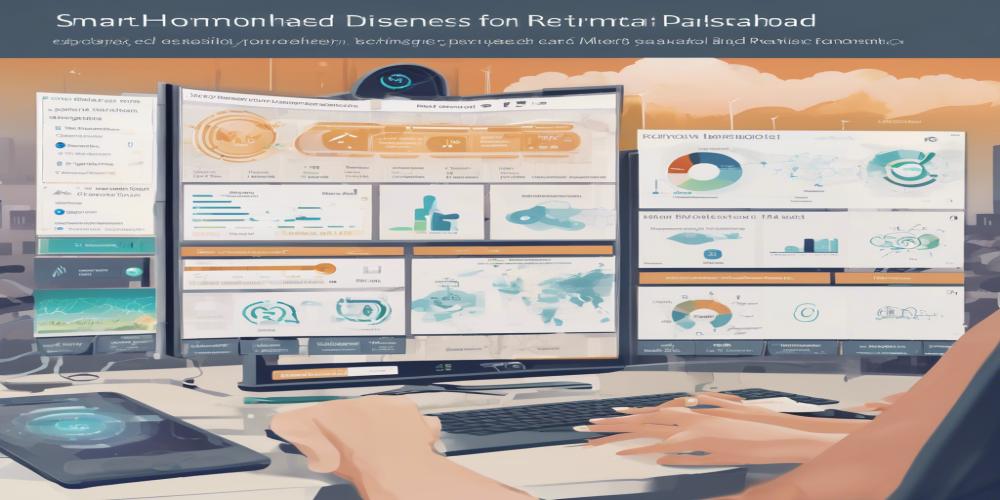AI for Disaster Recovery Systems Within Households
Introduction to AI in Disaster Recovery
The increasing frequency and severity of natural disasters have necessitated the development of efficient disaster recovery systems. Artificial Intelligence (AI) has emerged as a crucial tool in this endeavor, enhancing the resilience of households against various calamities. By integrating AI into disaster recovery systems, households can now benefit from advanced predictive analytics, automated response mechanisms, and personalized recovery strategies.
Predictive Analytics for Disaster Preparedness
AI-driven predictive analytics play a pivotal role in disaster preparedness. By analyzing historical data and real-time weather patterns, AI systems can predict the likelihood of natural disasters such as hurricanes, floods, or wildfires. This predictive capability enables households to take proactive measures, such as securing properties, evacuating in time, and stockpiling emergency supplies.
Automated Response Mechanisms
In the event of a disaster, AI-powered automated response mechanisms can significantly mitigate damage. For instance, smart home systems equipped with AI can automatically shut off utilities like gas and water to prevent further damage. Additionally, AI-driven drones can be deployed for search and rescue operations, assessing damage, and delivering essential supplies to affected areas.
Personalized Recovery Strategies
AI can facilitate personalized recovery strategies by assessing the specific needs of households post-disaster. By analyzing data on the extent of damage, AI can recommend tailored recovery plans, including financial assistance, repair services, and mental health support. This personalized approach ensures that households receive the most relevant and effective support, enhancing their recovery process.
Benefits and Future Prospects
The integration of AI into disaster recovery systems within households offers numerous benefits, including enhanced preparedness, reduced damage, and faster recovery. As AI technology continues to evolve, its applications in disaster recovery are expected to expand, incorporating more sophisticated predictive models, autonomous response systems, and personalized recovery plans. The future of disaster recovery lies in leveraging AI to build more resilient and responsive households.










